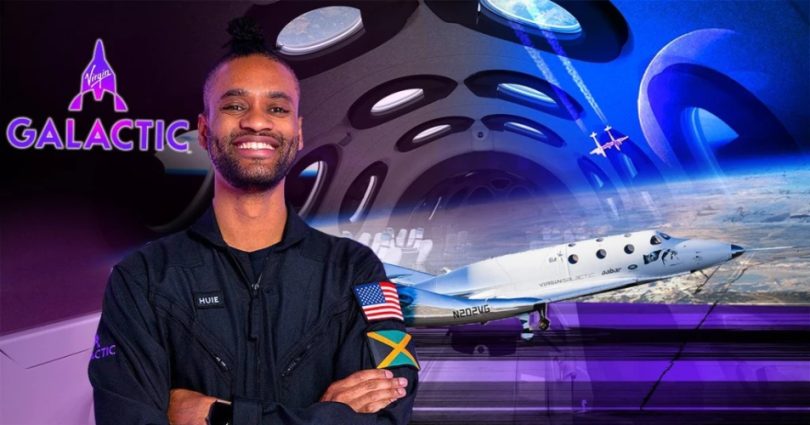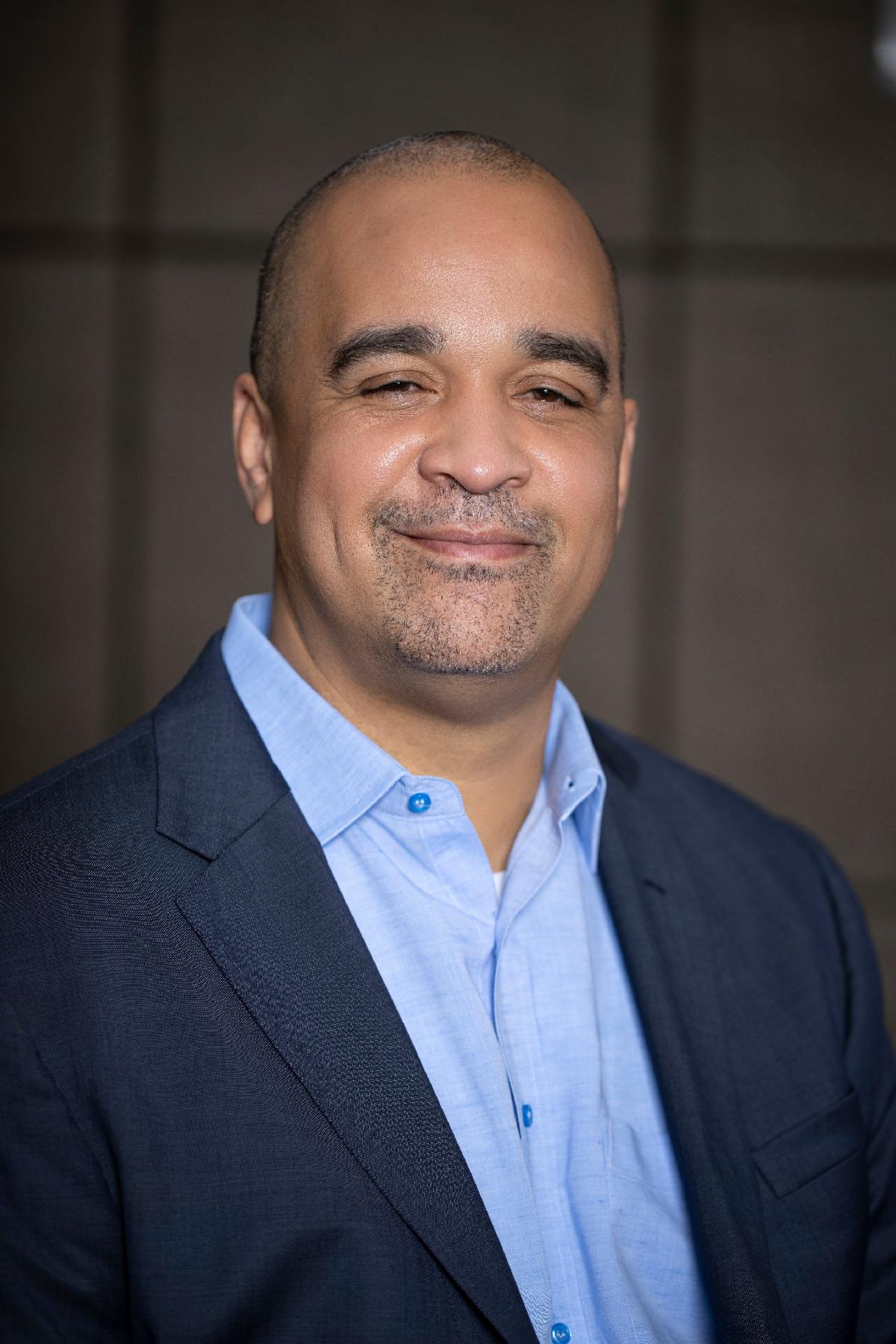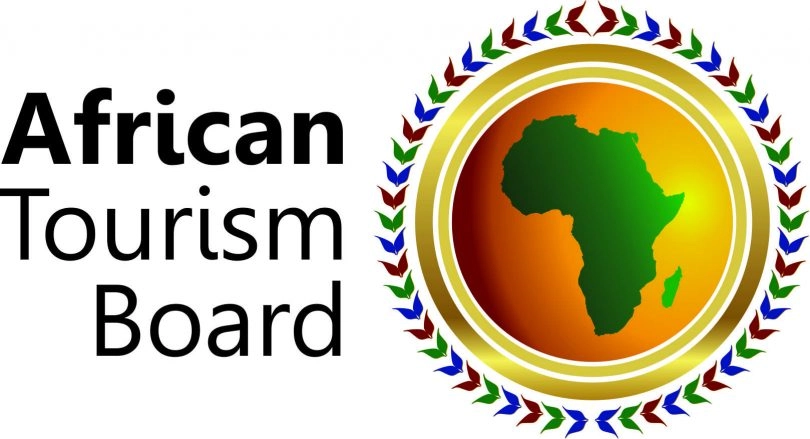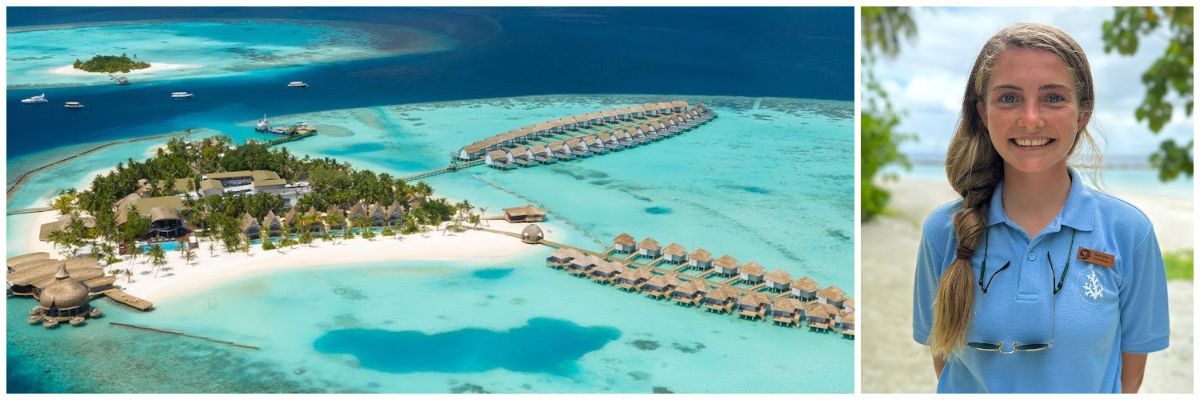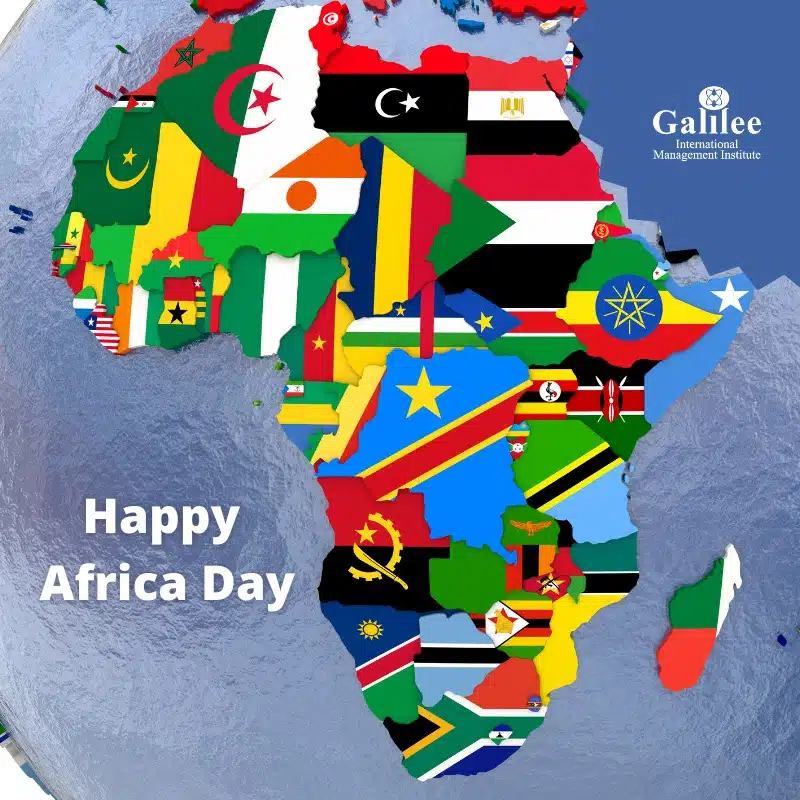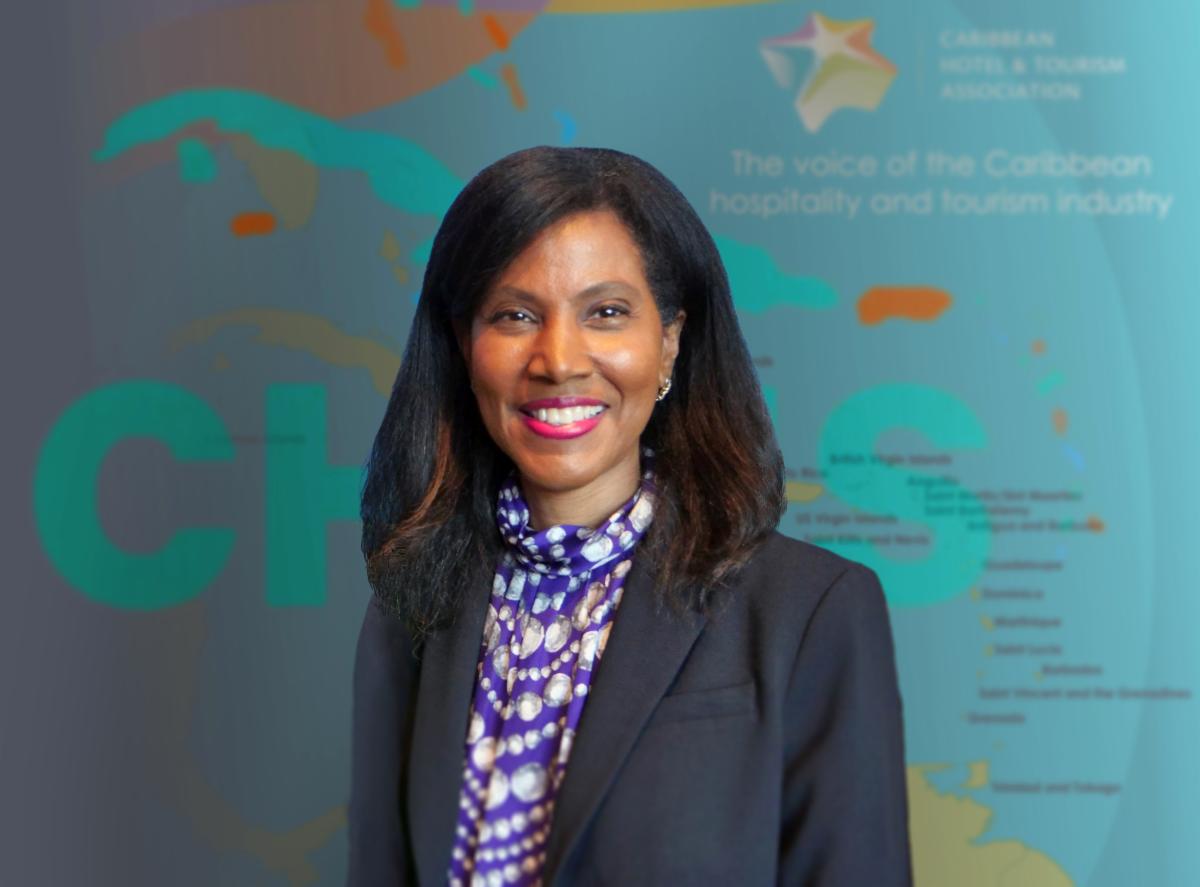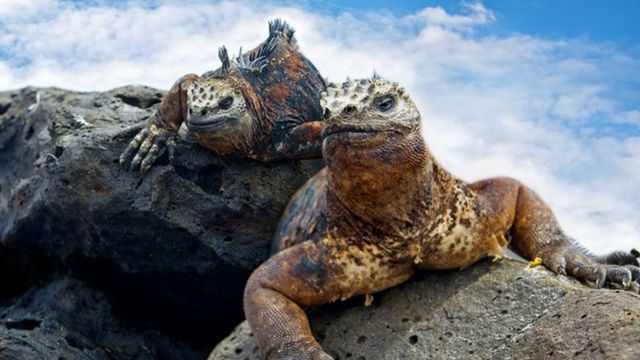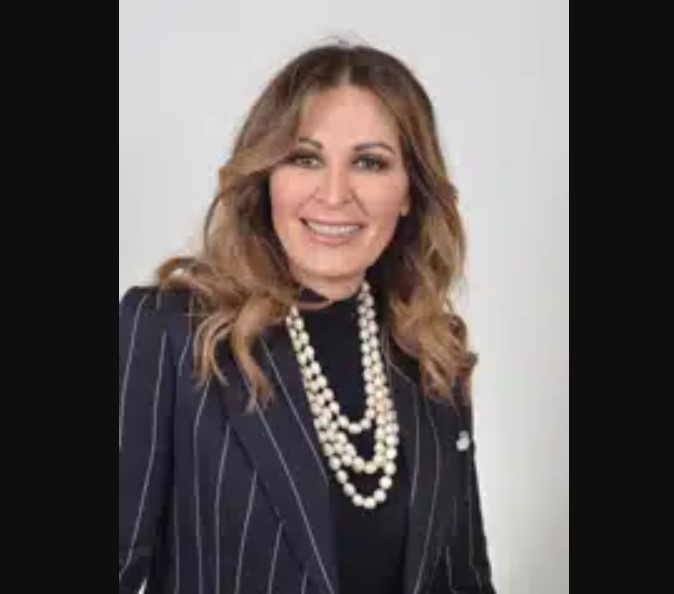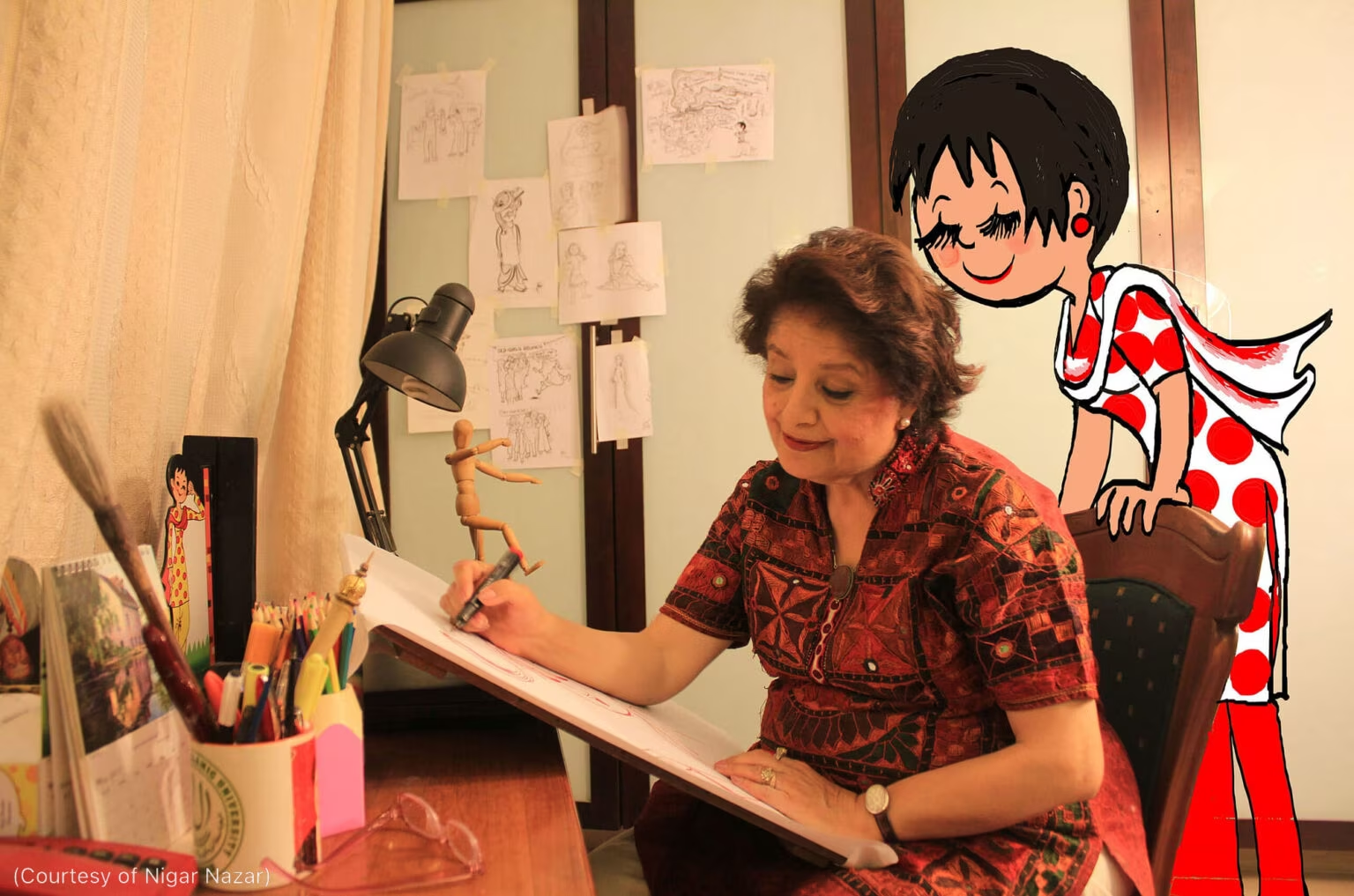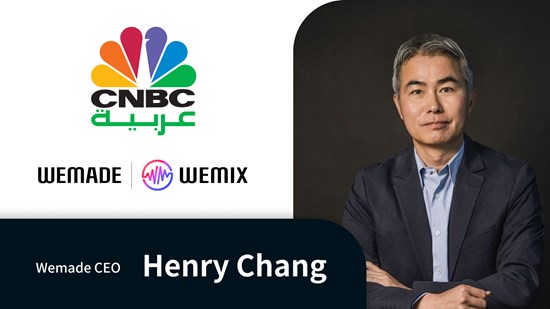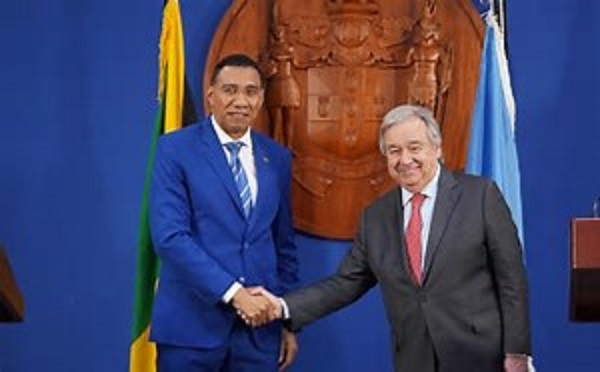Jamaican-heritage astronaut relives his journey to outer space
When Virgin Galactic astronaut and mission specialist Christopher Huie took his first space flight on Unity 25 on May 25, 2023, he wore Jamaican and United States flag patches to reflect his conviction that the trip represents the completion of a journey that had its beginnings on the Caribbean island of Jamaica.
The son of Jamaican immigrants, Huie’s personal origin story begins when his mother moved from Harvey River in the parish of Hanover to Chicago at the age of 17 to live with her aunt and pursue better life opportunities. She then went to Florida where Huie grew up. Huie’s mother flew to New Mexico to watch her son take his first space flight from Spaceport.



